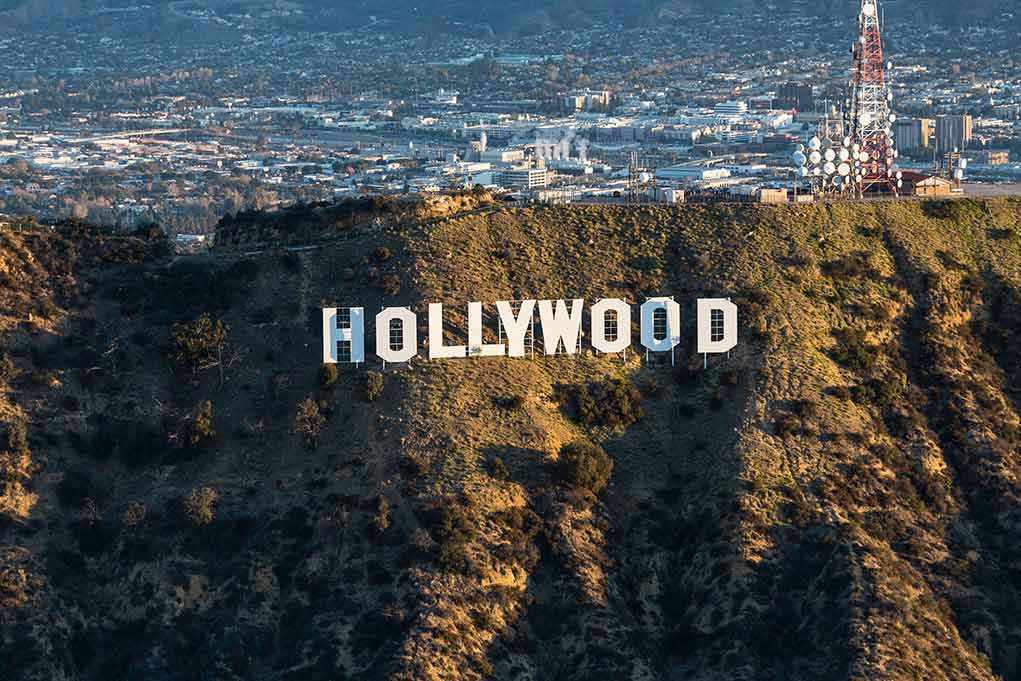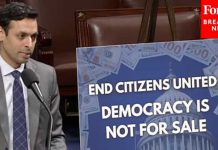
Over 1,200 Hollywood figures challenge a boycott against Israeli films, labeling it “lies dressed up as justice,” sparking a fierce industry debate.
Story Highlights
- 1,200 entertainment leaders oppose a boycott of Israeli film institutions.
- The letter defends artistic freedom and condemns antisemitism.
- Hollywood is divided over Israel-Hamas war responses.
- The debate highlights political activism’s role in the arts.
Hollywood’s Divisive Debate
In a significant move, over 1,200 prominent members of the entertainment industry have signed an open letter opposing the boycott of Israeli film institutions. This letter, released on November 14, 2023, responds to a previous call by some celebrities to boycott Israeli cultural organizations, citing concerns over Israel’s military actions in Gaza. The signatories denounce the boycott as “lies dressed up as justice” and emphasize the importance of artistic freedom and dialogue over isolation.
This action underscores a broader division within Hollywood regarding the Israeli-Palestinian conflict and the appropriate role of artistic institutions in political activism. The entertainment industry has long been a hotbed for political debates, and the ongoing Israel-Hamas conflict has only intensified these discussions. The pro-boycott celebrities, though unnamed in the primary source, represent a vocal faction advocating for solidarity with Palestinians and seeking to pressure Israel to change its policies.
Artistic Freedom vs. Cultural Boycotts
The anti-boycott letter highlights the defense of artistic freedom as a core value, arguing that cultural boycotts are counterproductive and can stifle free expression. The Boycott, Divestment, Sanctions (BDS) movement, which has been a significant force behind such boycotts, aims to pressure Israel over its policies towards Palestinians. However, the letter’s signatories warn that these actions can fuel antisemitism and marginalize dissenting voices within the artistic community.
The entertainment industry is navigating a complex landscape where influential figures play a crucial role in shaping public opinion and industry norms. The debate reflects the power dynamics within Hollywood, with high-profile actors, directors, and producers on both sides of the issue. Despite the significant mobilization against the boycott, the industry remains divided, and no major film festivals or institutions have announced policy changes in response to the calls for a boycott.
Implications and Industry Impact
The implications of this controversy are multifaceted. In the short term, it has heightened polarization within the entertainment industry and sparked intense public debate over the role of artists in political activism. Long-term, it could lead to lasting divisions within Hollywood and influence how future cultural boycotts and industry responses to geopolitical conflicts are handled. The economic impact could be felt in film distribution and international collaborations, while socially, it intensifies debates over antisemitism and free speech.
The entertainment industry’s stance on this issue may also sway broader public opinion and policymaking regarding the Israeli-Palestinian conflict. As the debate continues, the industry must grapple with the repercussions of politicizing artistic exchange while balancing the defense of artistic freedom against the legitimate concerns of political activism.
Sources:
The Jerusalem Post: “Celebrities sign open letter opposing Israel film boycott”




